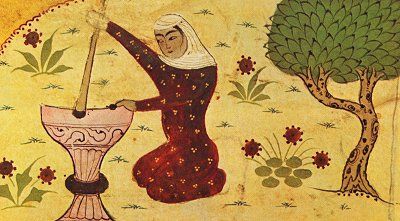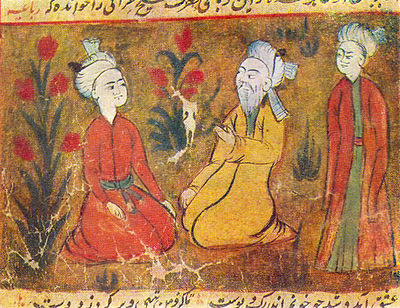The enchanting melodies of Sufi music have resonated through the corridors of time, echoing the mysticism of ancient traditions and offering solace during times of turmoil. Originating within the mystical Sufi tradition of Islam, this genre of music has transcended centuries, leaving a profound mark on the human experience. From its beginnings in the annals of ancient history to its role as a therapeutic force in modern medicine, Sufi music’s journey is a testament to the enduring power of sound and spirituality.
Sufi music traces its roots to the heart of Islamic mysticism, where seekers of truth and spiritual enlightenment sought direct communion with the divine through music and dance. Over a thousand years ago, Sufi poets and musicians crafted verses and melodies designed to evoke profound spiritual experiences. These compositions, deeply grounded in the teachings of Islamic mystics, aimed to awaken the soul and transcend the confines of human existence.
One illustrative example of Sufi music’s profound impact in ancient times is the story of Rabi’a al-Adawiyya, an 8th-century Sufi mystic. Through her poetry and music, Rabi’a conveyed the transformative power of divine love, inspiring countless individuals to embark on their own spiritual journeys. Her songs, still sung and revered today, exemplify the enduring nature of Sufi music’s ability to connect with the deepest recesses of the human soul.

Throughout history, Sufi music emerged as a source of solace and unity during times of conflict and upheaval. In war-torn eras and periods of societal turmoil, Sufi musicians and their compositions provided refuge for communities in distress. The emotionally resonant, spiritually charged melodies served as a balm for wounded hearts and weary souls, offering a semblance of peace amidst chaos.
During the tumultuous era of the Mughal Empire in India, the qawwali music tradition thrived as a means of spiritual and emotional healing. Sufi saint Hazrat Amir Khusrau, who lived in the 13th century, is renowned for his contributions to qawwali music. His compositions, rich in devotion and love for the divine, offered solace to a population grappling with political upheaval. Khusrau’s qawwalis became a source of hope and resilience, transcending the trials of his time.

Today, Sufi music continues to reverberate across the globe, captivating people from diverse backgrounds and cultures. Its enduring appeal lies in its ability to transcend cultural boundaries, resonating with the universal human experience. In the modern era, Sufi music has evolved into a potent source of healing, finding its place alongside contemporary healthcare practices.
Sufi music’s universal appeal transcends cultural and religious boundaries. It speaks to the hearts of people from diverse backgrounds, inviting them to embark on a journey of healing and self-discovery. Regardless of language or belief, individuals have found solace and emotional release in the evocative melodies of Sufi music. As we journey through the annals of time, from the mysticism of ancient origins to the challenges of war-torn eras and the modern realm of healthcare, Sufi music stands as a beacon of hope and healing. It bridges the chasm between the spiritual and the scientific, reminding us that the universal language of sound and spirituality can guide us toward inner peace and well-being.

